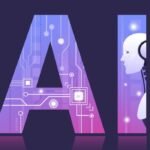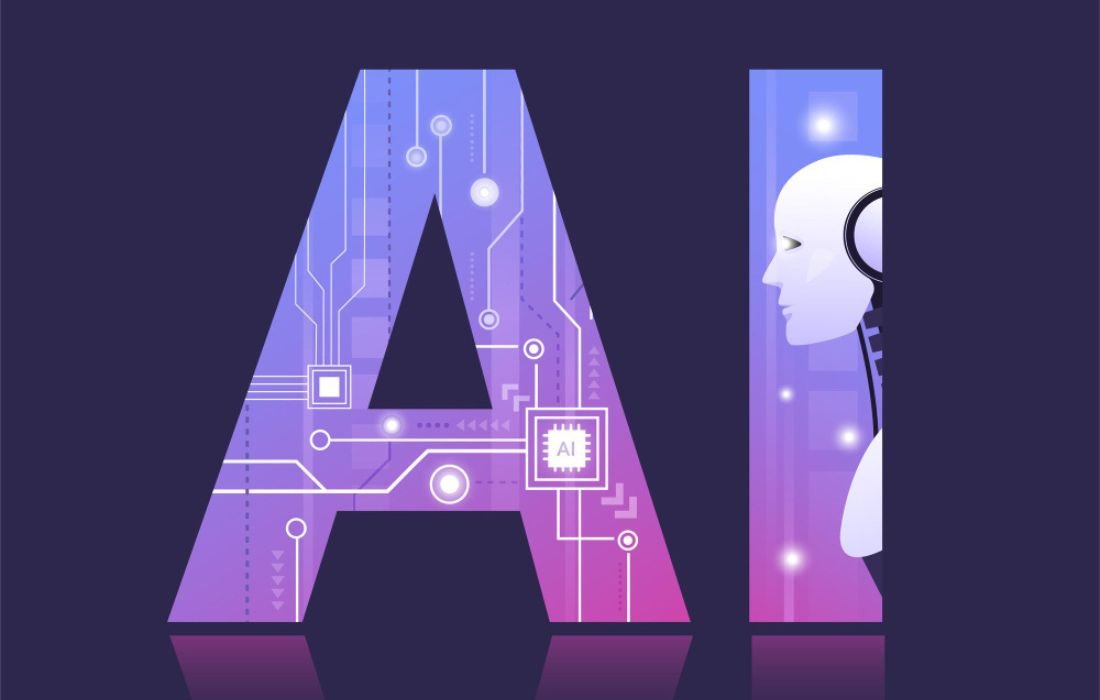Explore the transformative AI approaches shaping the future. Discover how artificial intelligence is revolutionizing industries, healthcare, education, and beyond.
AI is not a mere trend or a futuristic concept; it is a reality that is changing the world as we know it. Artificial intelligence has infused every aspect of society from overhauling industries to enhancing our way of life. Thus, in this article, we will discuss how AI works, different approaches that will assist in creating the future, and how we can make this future a positive one.
AI Approaches in Healthcare
Among all the potential fields that are yet to be realized, the most popular is certainly the utilization of AI in healthcare. Thus, along with machine learning algorithms and predictive analytics, diagnosing patients more quickly and accurately will be possible. Take radiology, for example. The algorithmic systems can identify lesions in scans like MRIs or X-rays at a faster pace than the human eye. This speed results in fast treatments and is effective enough to save lives sometimes.
However, it is noteworthy to say that machine learning and other AI technology has contributed to improving drug development processes. Traditional methods of conducting research and development, which could have taken years, are now changing because of the use of AI. By applying AI patterns to chemical compounds, it is possible to determine how they would behave, saving a lot of time in the creation of new medications.
When we continue to incorporate it further into the healthcare system, it may potentially mark the start of the era of personalized medicine. Consequently, the practical implementation of AI in healthcare and personalized treatments due to genetic makeup and personal habits will improve patient results globally.
AI Approaches in Education
Another area in which technologies are gradually entering the world today through AI is education. AI is disrupting current learning structures in the form of customized learning systems that address each learner’s unique abilities. For instance, the AI system can learn about a particular student and assess his or her abilities; the information makes it possible to select relevant content.
It also allows educators to stop teaching by rote and increase students’ engagement with a more personalized approach. AI is still evolving, and as we look into the future, let us envision students being able to pursue learning from any point in time independent of their backgrounds throughout their lifetime.
Today, in higher education, specifically, AI aids in the admission or general record processing and grading of students. These may deter institutions from achieving their focal objective of developing students and undertaking academic research. We find ourselves standing at the precipice of an education revolution that liberates both the educators and the learners.
AI Approaches in Business and Industry
To a large extent, AI is becoming a driving force in business and industry.” As seen in supply chain management, AI is significantly and consistently making an impact across most industry verticals. Firms that use AI to process customers and market data stand out among competitors.
In manufacturing, AI techniques like predictive maintenance assist in pinpointing a machine failure even before it happens, saving millions in repairs. In the same way, such robots and automation systems increase yields and reduce human error as they operate on the production line.
In the retail industry, AI has become highly influential by making targeted suggestions and intelligent customer support chatbots. These systems are capable of dealing with several customer demands at the same time and offering answers immediately, thus allowing human agents to take care of higher-priority tasks.
Thanks to AI, industries are experiencing constant growth and change at the highest speed. Companies adopting AI technologies have a lot to gain from the tool, which comes with increased productivity and better decision-making.
AI Approaches in Sustainability
Sustainability is a segment for which AI can make a long-term difference. Since climate change is real and threatens humans’ existence, AI brings new ideas to minimize electricity use, wiser resource use, and tracking environmental shifts. AI models can forecast weather, hence helping us better utilize resources such as water and energy supplies.
Some examples of AI’s presence are smart cities, where AI controls traffic signals, optimizes power consumption, and promotes safety. In the field of farming, concerns like soil status, crop estimation, and even smart irrigation process control are addressed by applying AI techniques.
With the current push towards sustainable solutions, AI will be more essential in the fight against climate change and promoting more environmentally sustainable practices in businesses.
AI Approaches in Autonomous Systems
The development of autonomous systems, such as self-driving cars, drones, and robots, is one of AI’s most exciting advancements. Such systems can transform transport and supply chain management and may, for example, be used for search operations. Self-driving cars, operated with artificial intelligence, are to prevent human mistakes and decrease the number of accidents and emissions due to route choice.
In logistics, with the help of AI, new logistics schemes based on drones and robots have been experimented in recent years for higher efficiency. It is somewhat like visualizing of your groceries or package deliveries by self-driven automobiles, or reducing the time and cost involved in their delivery. We are at the precipice of experiencing an age of fully autonomous systems which will essentially become an integral part of our existence redefining operational efficiency and convenience.
Ethical Considerations in AI
As AI advances in society, it’s important to focus its wig on some aspects of ethical considerations. Some of the topics that are vital to discuss are data privacy, with algorithms being a cause for concern and the notion of job losses due to artificial intelligence and automation. AI is not going to create itself – it is our responsibility as researchers, policymakers, business leaders, and customers to make sure that AI is built responsibly.
We can’t build AI that is unethical. This means that AI systems must be explainable, transparent, and accountable. In this way, this paper presents a route to unleashing the potential of AI technology but within the limits of prosecuting societal norms.
Conclusion
AI is already driving the development of health care, education, industries, the environment, and even autonomous systems. While advancing toward all such possibilities and discovering fresh AI strategies, keeping the AI development process in tune with the paradigm of building a better world for everyone is necessary. In this way, people will be able to harness the best of AI to solve some of the world’s most challenging problems.
This is an exciting technology; let us receive it with open hearts and minds and practice and uphold the best ethics in its implementation. It is bright and is going AI’s way. There is no doubt in this that Artificial Intelligence will lead the future.
Also Read: How to Buy NFT: A Step-by-Step Guide for Beginners











